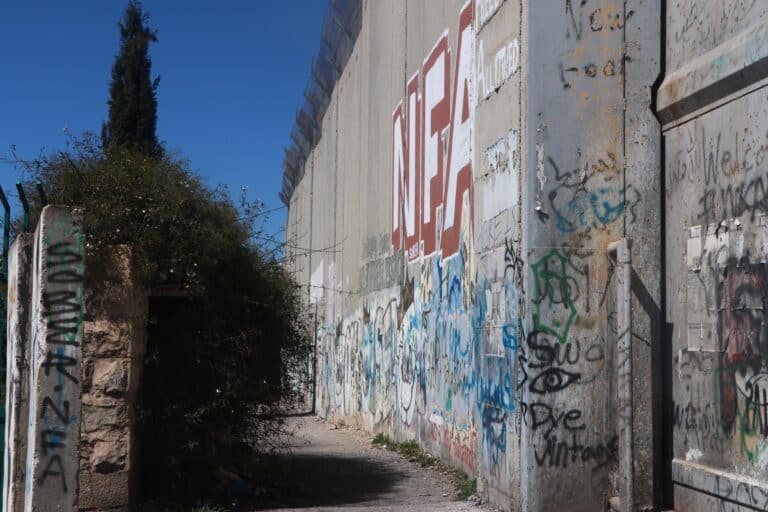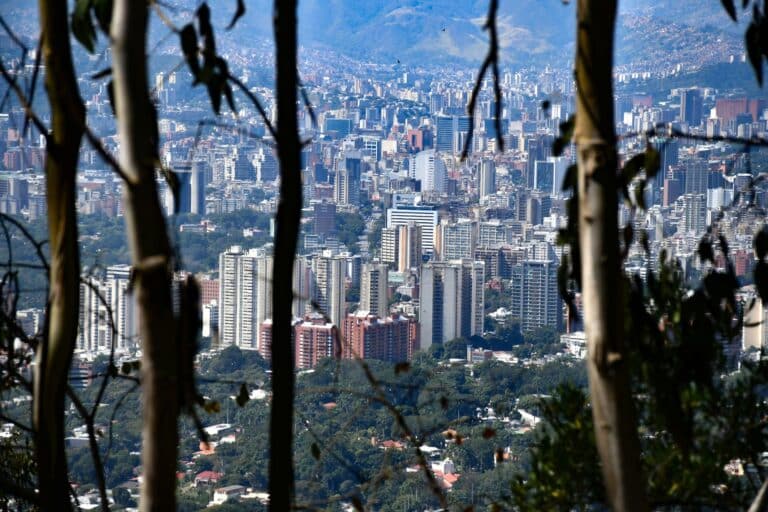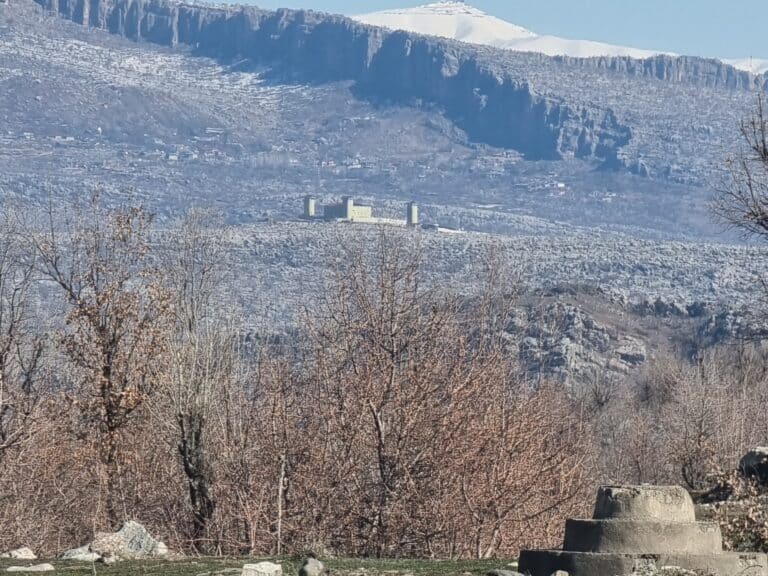A helicopter circles over our heads three times as we chat on the wharf. One man gets out binoculars to take a closer look, though we can almost see the faces without the help. For me, memories of being a human rights observer in a remote village in Chiapas, Mexico come back. We are reminded many times each day, as we listen to the whirl of the helicopters, as we watch the surveillance planes a few metres from the shore, as we count the RCMP vehicles or the Department of Fisheries and Oceans (DFO) boats around this small community, that the Canadian government is using gunboat diplomacy.
The conversation shifts from the government helicopter to school starting in a few days. A Mi’kmaq mother expresses concern about her daughter, who has been having nightmares because of the tensions. A father watches as his two daughters load three lobster traps into their small dory.
Non-natives have been granted permission for about three million lobster traps in the maritime provinces and one company holds licences for a quarter of those traps. Hundreds of thousands of traps are licensed for this
bay alone. Esgenoopetitj is talking about a few thousand traps, and even by Canadian law Native fishing has priority over non-native fishing. If there is a conservation issue it is clear that the Native fishery is not the
threat.
How I wish the millions of Canadians that have seen the government vessels sink Native boats last week could also meet the people in those boats. Whenever someone is introduced here you learn who their cousins are, who their parents are, who their children are. There is such a sense of community, of family really, and I am learning so much being here.
I go to court tomorrow (Thursday, Sept. 7), having been charged along with a Catholic priest with obstructing a fisheries officer. We had tried to retrieve some traps that had been taken by DFO officers from a Mi’kmaq fisher. It was all we could do really, when we saw those traps being taken away. In front of our eyes the next step in this long history of oppression was taking place we felt compelled to act in a way that said clearly that this was not being done in our names. We will not be alone though, as eight Mi’kmaq people face charges related to the fishery as well.
I will go to bed shortly, not knowing if I will get a full night’s sleep or only an hour. And I will go to sleep praying, first in thanksgiving that no-one was killed today and second in petition that no one will be killed tomorrow.
Note: This is a shortened version of a piece that was published in the Toronto Star on September 12, 2000



